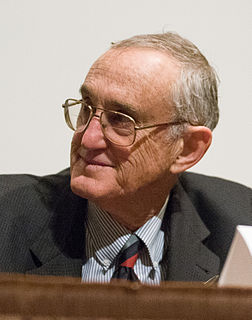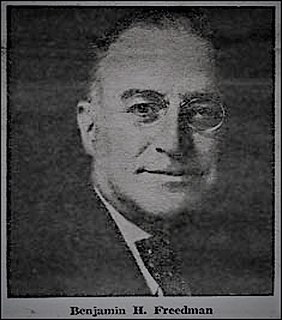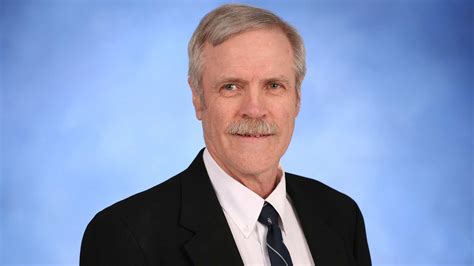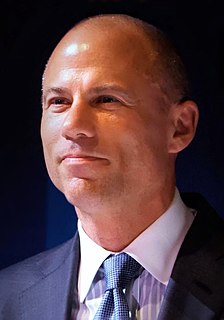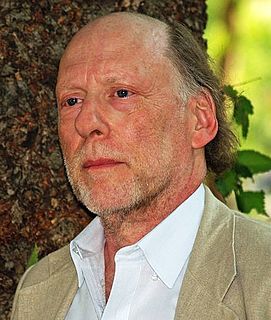A Quote by Asha Rangappa
Though my parents were professionals and expected me to go to college, they were immigrants from India with no idea about how the admissions process worked in the United States or the importance of standardized tests.
Related Quotes
I naively chose a college that was almost as expensive as Stanford, and all of my working-class parents savings were being spent on my college tuition. After six months I couldn't see the value in it. I had no idea what I wanted to do with my life and no idea how college was going to help me figure it out.
When I worked with General Electric, again this was soon after the Second World War, you know, I was keeping up with new developments and they showed me a milling machine and this thing worked by punch cards - that's where computers were at that time, and everybody was sort of sheepish about how well this thing worked because in those days machinists were treated as though they were great musicians because they were virtuosos on these machines.
Here in the United States, the Zionists and their co-religionists have complete control of our government. For many reasons, too many and too complex to go into here at this time, the Zionists and their co-religionists rule these United States as though they were the absolute monarchs of this country. Now you may say that is a very broad statement, but let me show you what happened while we were all asleep.
Many high school students are under so much competitive pressure. They are sometimes taught that if they don't have a 4.0 GPA, score in the 99th percentile on admissions tests, and demonstrate leadership in sports and participate in clubs, they won't get into college anywhere. Even highly credentialed professionals get caught up in this.
When birth control pills were available in Europe but not in the United States, American women created an uproar about how the unwillingness to make the pill available showed a contempt for the lives of women. When the Food and Drug Administration (FDA) released birth control pills with high dosages of hormones that were later found to be unnecessarily high, they were attacked for not caring about women enough to do the necessary tests.
There are many in East Asia who simply judge students on the basis of national tests. The top universities in the United States do not do that, and for good reason. We need a careful process for admissions that take all sorts of factors into account: different intellectual strengths, artistic expression, economic standing, social background, ethnicity, regional representation and designs a class as a balanced whole.



